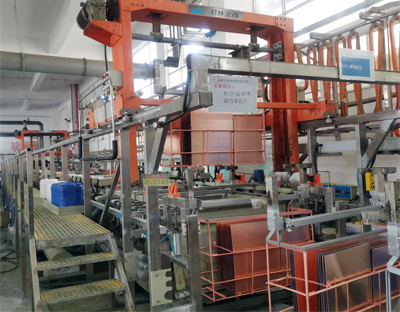Aluminum is a widely used metal material. In order to make it have better performance, it needs to be treated with metal surface. In most cases, the chemical method of anodizing is performed on the aluminum material, rather than electroplating. Electroplating on aluminum and aluminum alloys is much more difficult and complicated than electroplating on metal materials such as steel and copper. The main reasons are as follows.
1. Aluminum and aluminum alloys have a high affinity for oxygen, and it is easy to form an oxide film. Once this oxide film is removed, a new oxide film will be formed in a very short period of time, which seriously affects the bonding force of the coating.
2. The electrode potential of aluminum is very negative. When immersed in the electroplating solution, it is easy to be replaced with metal ions with a relatively positive potential, which affects the adhesion of the coating.
3. The expansion coefficient of aluminum and aluminum alloys is larger than that of other metals, so it is not suitable for electroplating in the range of large temperature changes. The different expansion coefficients of aluminum and aluminum alloys and other metal coatings will cause greater stress, so that the bonding force between the coating and aluminum and aluminum alloys is not strong.
4. Aluminum is an amphoteric metal, which is soluble in acid and alkali, and is unstable in acid and alkali electroplating solutions.
5. Aluminum alloy die castings have blisters and pores, which will leave the plating solution and hydrogen gas, which is easy to bubble, and also reduces the bonding force between the coating and the base metal.




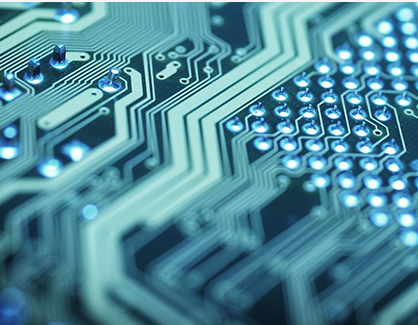
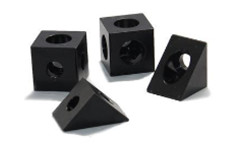
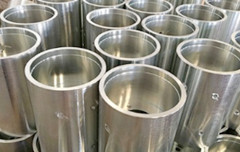
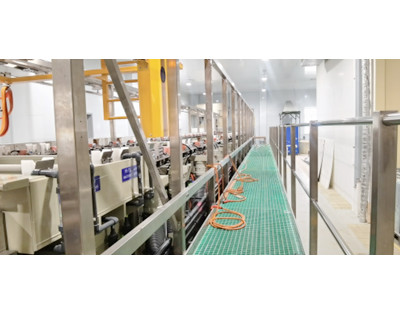
 Mar. 02, 2022
Mar. 02, 2022 